Is my pre-schooler autistic?
Your child's brain is unique to them and they will have unique skills, abilities, and needs.
An autistic child has a different way of understanding and relating to other people and the world around them. Autism is a lifelong condition. It affects different children in different ways.
Remember that these differences aren’t always negative. Your autistic child might need support to thrive but thrive they can!
Spotting the signs
You may notice some early signs of autism in the preschool years.
Signs and symptoms must be present across different settings. For example at home, nursery, playgroup and with other family members.
Autistic children have a combination of different traits which means that no two children are the same. These can look different in girls and boys.
If you have an autistic child then you may notice a combination of some or all of the following:
- Language delay. Use fewer words than would be expected for their age
- Loss of speech. For example using single words when they used to use 2 to 3 word sentences
- Repeat a set of words or phrases
- Does not respond to others when their name is called
- Does not smile or respond to other people's facial expressions
- Rejects cuddles when offered, although may ask for cuddles themselves
- Little or no awareness of personal space
- Doesn't like others entering their personal space
- Little interest in others. Does not initiate play with other children. Prefers to play alone
- Less or no imagination when they play
- Doesn't enjoy things other children seem to enjoy, for example birthday parties
- Less eye contact
- Rigid and repetitive behaviours, for example hand flapping, rocking, spinning or finger flicking
- Overly focused, unusual or limited interests
- Extreme emotional reactions to a change in routine
- Over or under reaction to sensory stimuli, for example sounds, smells, tastes, and textures
Spotting your child's strengths
It's important to look for your child's strengths. These may include:
- An ability to focus intently on areas of interest
- An attention to detail
- Creative thinking
- Ability to recognise patterns
- Deep thinking, kind and empathetic. They may struggle to express their emotions but many autistic children feel things very deeply
- Effective problem solver. Autistic children need to solve problems on a daily basis, for example, 'how can I focus with all that noise?'
Diagnosis
- Start by speaking to your child's nursery or preschool for advice and support
- Speak to your health visitor
- Seek support according to your child's needs. For example Speech and Language Therapy for speech delay.
If you're not very worried about your child then watching and waiting for a bit longer may be suggested. During this time you, your family and your childcare setting can monitor your child's behaviour and development.
Waiting times for an autsim assessment can be long. While you are on the waiting list, you can still get support for your child.
Most services will work with your child and support you whether or not they have a diagnosis.
Autism assessment in your local area
Each area is different. Your health visitor or GP can refer your child for assessment. Preschool children will often be assessed by a paediatrician in the Child Development Service. Paediatricians will consider if there are any other health or development issues before recommending a full assessment for autism.
Speak to your GP urgently if your child's development is going backwards and they are losing language or skills.
Top tips to help your child
Communication
- Use your child’s name to get their attention before you speak.
- Speak clearly.
- Use short, simple sentences. At first try using single words to communicate. For example, label their favourite toy and repeat that word when they reach for it.
- Add in one more piece of information to what they say. For example, if they say ‘car’, you can reply ’yes, blue car’. That way you are only giving them one more piece of information to process.
- Be clear and specific about what you mean. For example “pick up your blocks and put them in the box” rather than “tidy up.”
- Cut out unnecessary language such as “do you think you could...”
- Use simple, direct language. You may confuse or worry your child if you use sarcasm, humour, irony or metaphors.
- Make sure what you say matches your tone of voice, facial expressions and body language.
- At times of anxiety or distress use a calm voice, calm body language and make less eye contact.
- Tell your child what you want them to do rather than what not to do. For example “Put your coat on” rather than “Stop wasting time”
- Give instructions in the correct order and break things down into chunks. Only give as much information as your child can cope with.
- Avoid open choices like “What do you want for breakfast?” You may find it better to give a couple of options such as “Do you want cereal or toast?”
- Use pictures and drawings as well as words if your child finds this helpful.
- Give them time to process information. Speak. Wait 6 seconds and if needed repeat.
Social skills
- Praise and reward your child when things go well.
- Help them identify emotions.
Routines
- Timetables and calendars with pictures can be really helpful. Write or draw what your child can expect to happen that day and the order of events such as nursery, tea time and bed time. Refer to it frequently.
- Have a daily routine to provide structure to the day. Make sure you have a set morning routine, meal routine, bedtime routine. This provides security and reduces anxiety.
- If plans change let your child know in advance. Discuss what will happen instead and change it on their calendar.
- Starting and finishing activities can cause difficulties. Think of ways to clearly indicate the beginning or end of something. Consider using timers to count down time to something finishing, so your child is prepared.
- Waiting and unstructured time can be difficult for autistic children. When possible, plan in advance before going out for example, take a book to a doctor’s appointment.
The Environment and activities
- Be aware of how much there is going on. Some children can find sounds, smells or lights overwhelming.
- Reduce background noise for example turn off the TV if you are not watching it.
- Offer a safe space or time out to calm down
- Physical activity can be useful in managing anxiety for all children.
Further reading and resources
![]() NICE guidlines on When to suspect autism spectrum disorder in a preschool child?
NICE guidlines on When to suspect autism spectrum disorder in a preschool child?
![]() National Autistic Society advice on: Eating, Toileting, Stimming, Meltdowns and Sleep
National Autistic Society advice on: Eating, Toileting, Stimming, Meltdowns and Sleep
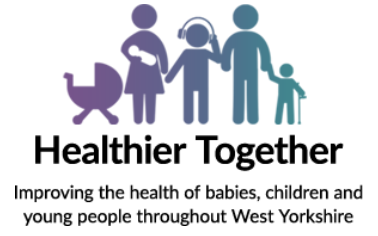 Healthier Together advice on: Toilet Training, Tantrums and Fussy Eating
Healthier Together advice on: Toilet Training, Tantrums and Fussy Eating
![]() BBC Tiny Happy People. Speech and language delays: Learning about your child and finding ways to communicate
BBC Tiny Happy People. Speech and language delays: Learning about your child and finding ways to communicate
![]() The Pablo cartoon series is about a 5 year old autistic boy. Watch the series on CBeebies.
The Pablo cartoon series is about a 5 year old autistic boy. Watch the series on CBeebies.
Get Help and Support
Visit our Support for neurodivergent children and their families page for a full list of support available.
Books
 Pablo and the Noisy Party by Andrew Brenner and Sumita Majumdar
Pablo and the Noisy Party by Andrew Brenner and Sumita Majumdar
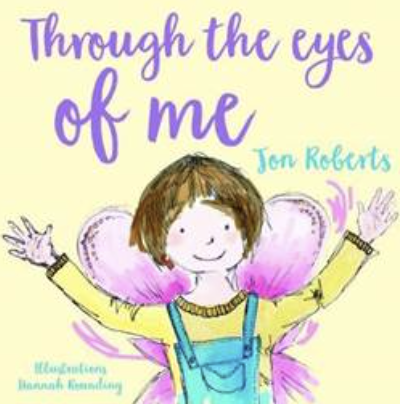 Through the Eyes of Me by Jon Roberts
Through the Eyes of Me by Jon Roberts
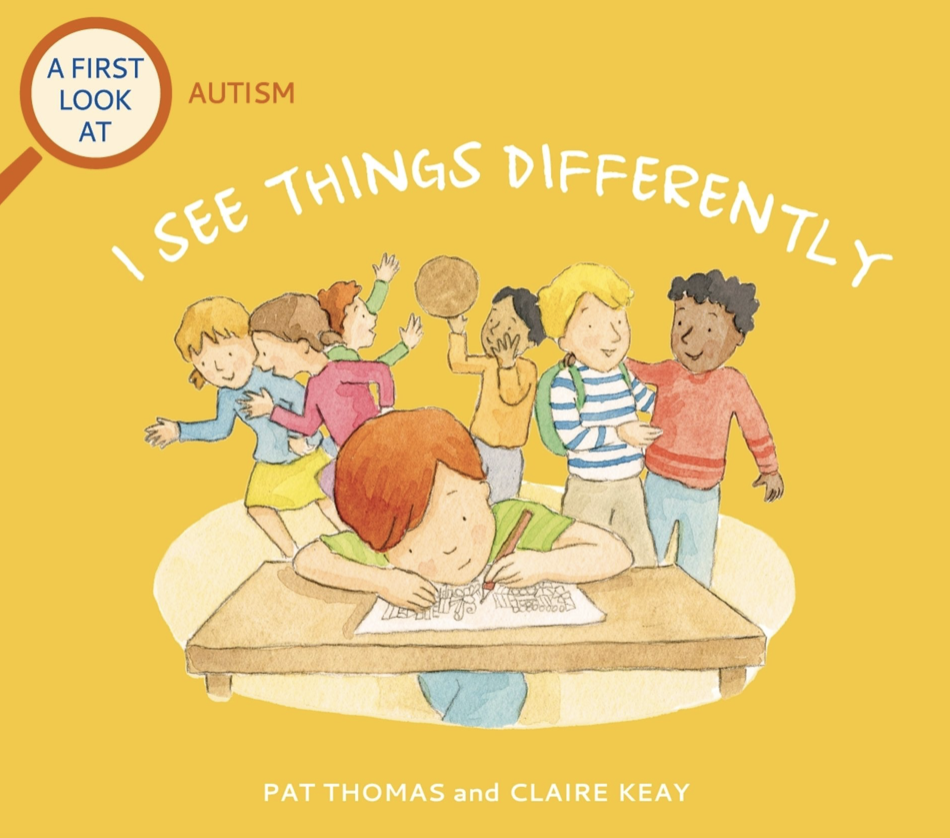 I See Things Differently by Pat Thomas
I See Things Differently by Pat Thomas
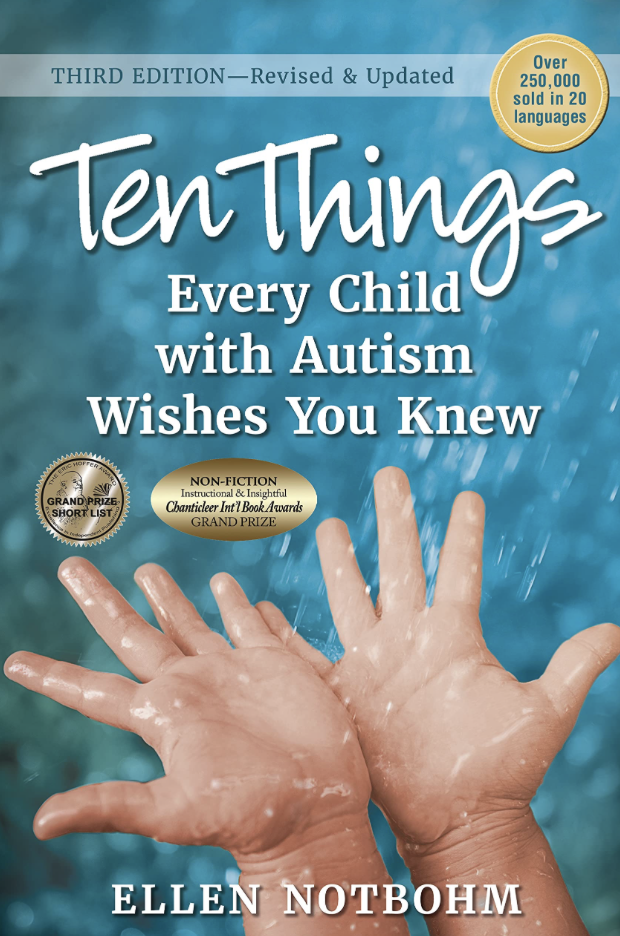 Ten Things Every Child with Autism Wishes You Knew by Ellen Notbohm
Ten Things Every Child with Autism Wishes You Knew by Ellen Notbohm
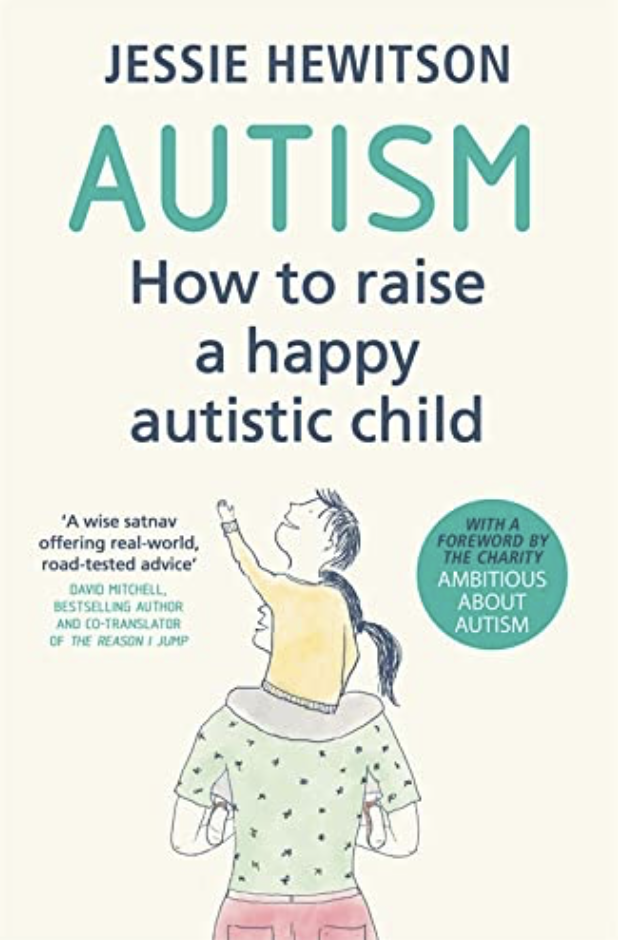 Autism: How to raise a happy autistic child by Jessie Hewitson
Autism: How to raise a happy autistic child by Jessie Hewitson
Pages in this section
Where should you seek help?
- If it is non-urgent, speak to your local pharmacist or health visitor.
- If your child has any of the above features, urgently see your GP. For an urgent out-of-hours GP appointment, call NHS 111.
- You should only call 999 or go to your nearest A&E department in critical or life threatening situations.
Pharmacists are experts in many aspects of healthcare and can offer advice on a wide range of long-term conditions and common illnesses such as coughs, colds and stomach upsets. You don’t need an appointment and many have private consultation areas, so they are a good first port of call. Your pharmacist will say if you need further medical attention.
Sound advice
- Visit a pharmacy if your child is ill, but does not need to see a GP.
- Remember that if your child's condition gets worse, you should seek further medical advice immediately.
- Help your child to understand - watch this video with them about going to the pharmacy.
For information on common childhood illnesses go to What is wrong with my child?
Health visitors are nurses or midwives who are passionate about promoting healthy lifestyles and preventing illness through the delivery of the Healthy Child Programme. They work with you through your pregnancy up until your child is ready to start school.
Health Visitors can also make referrals for you to other health professionals for example hearing or vision concerns or to the Community Paediatricians or to the child and adolescent mental health services.
Contact them by phoning your Health Visitor Team or local Children’s Centre.
Sound advice
Health visitors also provide advice, support and guidance in caring for your child, including:
- Breastfeeding, weaning and healthy eating
- Exercise, hygiene and safety
- Your child’s growth and development
- Emotional health and wellbeing, including postnatal depression
- Safety in the home
- Stopping smoking
- Contraception and sexual health
- Sleep and behaviour management (including temper tantrums!)
- Toilet training
- Minor illnesses
For more information watch the video: What does a health visitor do?
Midwives provide advice, care and support for women and their babies during pregnancy, labour and the early postnatal period. They provide health education and parenting advice until care is transferred to a health visitor. This usually happens when your baby is about 2 weeks old.
Sound Advice
A midwife is an expert in normal pregnancy and birth.
GPs assess, treat and manage a whole range of health problems. They also provide health education, give vaccinations and carry out simple surgical procedures. Your GP will arrange a referral to a hospital specialist should you need it.
Sound advice
You have a choice of service:
- Doctors/GPs can treat many illnesses that do not warrant a visit to A&E.
- Help your child to understand – watch this video with them about visiting the GP or going to a walk in centre
For information on common childhood illnesses go to What is wrong with my child?
If you’re not sure which NHS service you need, call 111. An adviser will ask you questions to assess your symptoms and then give you the advice you need, or direct you straightaway to the best service for you in your area.
Sound advice
Use NHS 111 if you are unsure what to do next, have any questions about a condition or treatment or require information about local health services.
For information on common childhood illnesses go to What is wrong with my child?
A&E departments provide vital care for life-threatening emergencies, such as loss of consciousness, suspected heart attacks, breathing difficulties, or severe bleeding that cannot be stopped. If you’re not sure it’s an emergency, call 111 for advice.
Sound advice
School nurses care for children and young people, aged 5-19, and their families, to ensure their health needs are supported within their school and community. They work closely with education staff and other agencies to support parents, carers and the children and young people, with physical and/or emotional health needs.
Contacting the School Nurse
Primary and secondary schools have an allocated school nurse – telephone your child’s school to ask for the contact details of your named school nurse.
There is also a specialist nurse who works with families who choose to educate their children at home.
Sound Advice
Before your child starts school your health visitor will meet with the school nursing team to transfer their care to the school nursing service. The school nursing team consists of a school nursing lead, specialist public health practitioners and school health staff nurses.
They all have a role in preventing disease and promoting health and wellbeing, by:-
- encouraging healthier lifestyles
- offering immunisations
- giving information, advice and support to children, young people and their families
- supporting children with complex health needs
Each member of the team has links with many other professionals who also work with children including community paediatricians, child and adolescent mental health teams, health visitors and speech and language therapists. The school health nursing service also forms part of the multi-agency services for children, young people and families where there are child protection or safeguarding issues.



